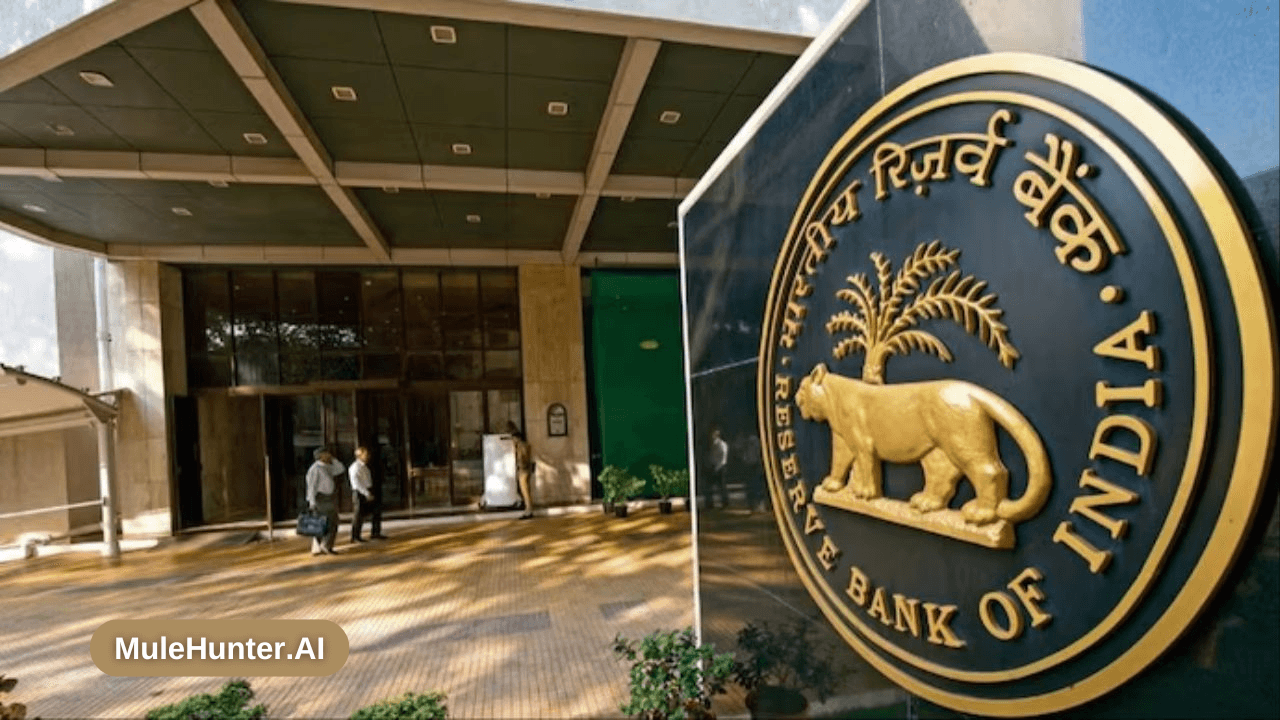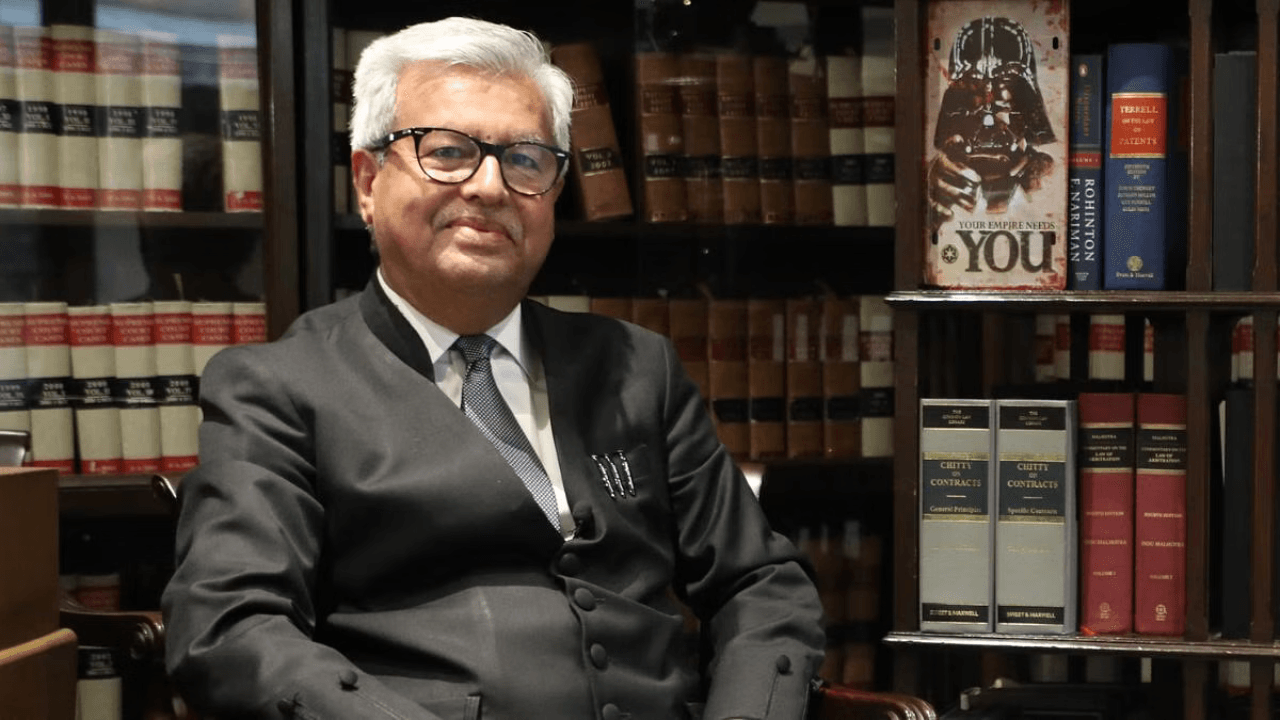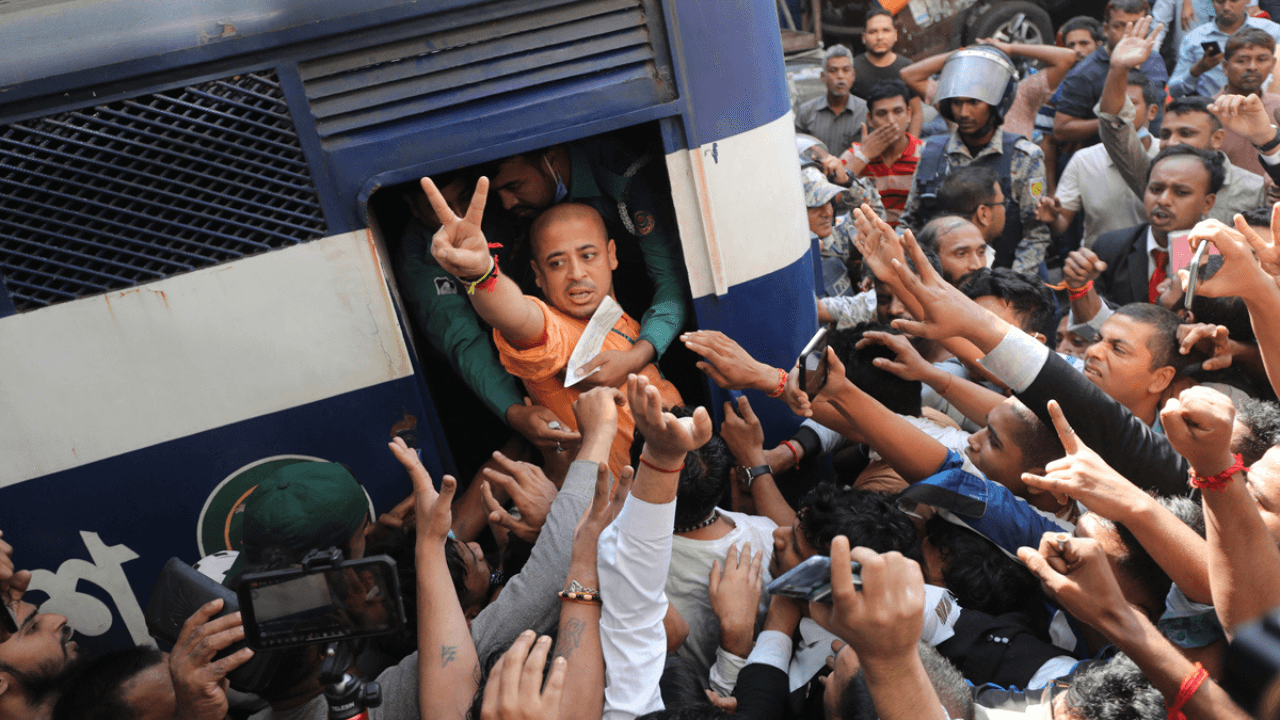In the heart of Delhi, beneath the towering Jamia Millia Islamia metro station, lies a hidden community of resilience and struggle. Approximately 50 to 60 individuals call this place home, sleeping on the hard concrete, their lives illuminated only by the dim lights of the metro above. Among them, a young mother cradles her two-year-old son, surrounded by others seeking shelter under makeshift mosquito nets.
In a routine that repeats annually during Ramadan, three individuals emerge with a carton full of food packets, offering a small glimmer of hope in an otherwise challenging existence. These are the faces of migrants, hailing from villages in Ayodhya, drawn to Delhi in search of livelihood opportunities. Some engage in casual labour or shoe polishing, while others take on the responsibility of caring for children or resort to begging for survival.
The sun brings a new set of challenges as the community discreetly folds their bedding during the day, stashing it away behind nearby walls. Their daytime hours are spent under the metro station, engaging in various activities to sustain themselves. However, the lack of proper facilities forces them to resort to defecating in the nearby jungle of Gaffar Manzil, highlighting the dire need for access to basic amenities.
Despite their hardships, there is a sense of gratitude towards government schemes, particularly those initiated by the Modi government, such as Rasan and Ujjwala Yojna. However, their transient lifestyle indicates a need for more sustainable sources of income. They also express a disillusionment with the political system, perceiving all parties as making false promises.
Their awareness of digital privacy is noteworthy, as they declined to be filmed or photographed during interviews. This indicates a desire for dignity and respect, despite their circumstances.
While the Delhi police maintain law and order in the area, there is a call for intervention to ensure the basic needs and dignity of these residents are met. Their lack of awareness about the Congress party’s manifesto contrasts with their support for the Modi government, hinting at the political landscape that may influence the upcoming elections.
The lives of these underprivileged residents under the metro station serve as a sobering reminder of the challenges faced by marginalized communities in urban areas. Their story is one of resilience, hope, and the daily struggle for survival.












